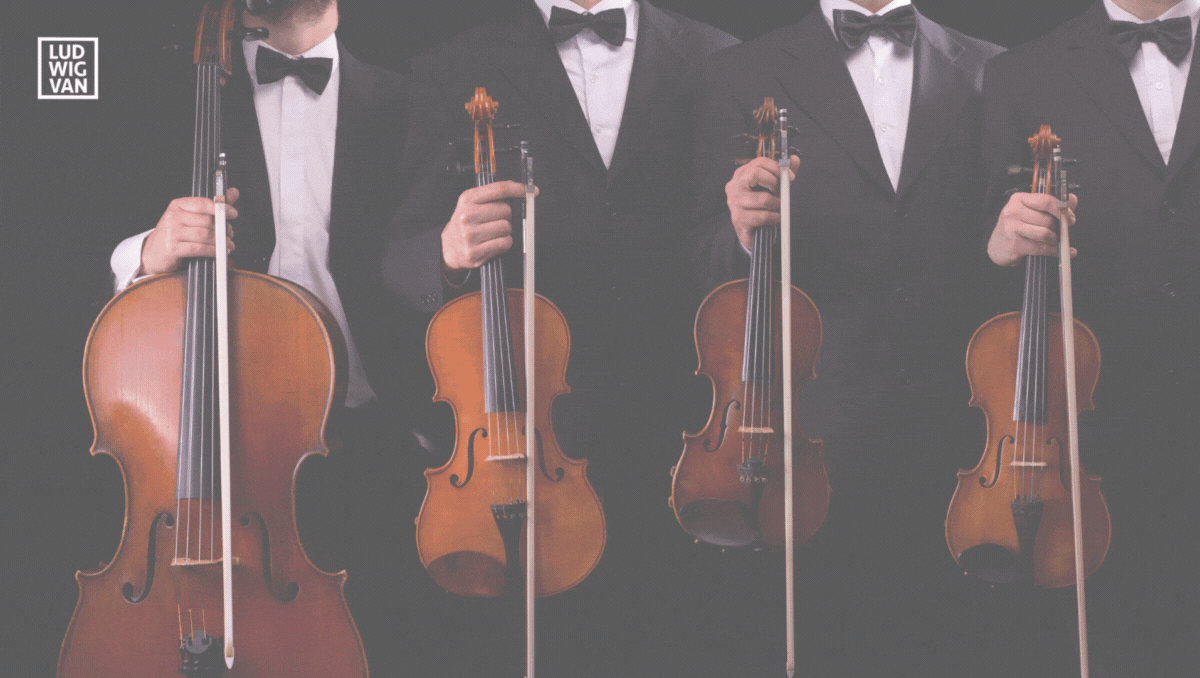
Music Business Worldwide has confirmed Spotify will be making a significant policy shift in its royalty model. Starting in 2024, tracks with fewer than 1,000 streams will no longer be eligible for royalties.
This decision marks a stark contrast to the platform’s current pay-per-stream model.
Key points
- Change in 2024: Spotify to stop paying artists for tracks with less than 1,000 streams.
- Spotify expects the new 1,000-play minimum annual threshold will free up more money to a more meaningful percentage of musicians in the royalty pool.
- Effective Date: The new policy begins January 1, 2024.
Spotify vs. other platforms
Spotify’s current pay-per-stream rate is among the lower end in the industry, averaging about $0.003 to $0.005 per stream. In comparison, Apple Music pays about $0.01 per stream, and Amazon Music’s rate is similar. Tidal, known for its high-quality audio, offers even higher rates. This new policy from Spotify could potentially widen the gap in how different streaming services compensate artists, especially those with smaller followings or niche audiences.
What they’re saying
In an interview on the Music Business Worldwide podcast, Denis Ladegaillerie, CEO of Believe – the parent company of TuneCore – voiced his opposition to the concept of setting a 1,000-stream threshold for monetization on music streaming services. Ladegaillerie questioned the rationale behind such a policy, stating, “Why would you not pay such an artist [for getting less than 1,000 streams]? It doesn’t make any sense.” He further challenged the industry, asking, “What signal as a music industry do you send to aspiring artists if you go in that direction?”
Why this matters
The policy has intensified discussions around fair compensation in the streaming industry, with comparisons being drawn between Spotify and other platforms. Many emerging and independent artists in niche or experimental genres typically won’t reach the 1,000-stream threshold, shutting them out of streaming revenues. This now raises concerns about the potential decrease in music diversity on the platform as they leave for other platforms without a threshold.
The impact of Spotify’s decision could set a precedent, influencing how other streaming platforms structure their payment systems and, ultimately, how artists create their music.
- The Future of Music Collaboration: Enter Mixed Reality - July 23, 2024
- Carolina Uccelli to Receive A Modern Revival - July 8, 2024
- Pianos for Smaller Hands: The New Wave - July 3, 2024


